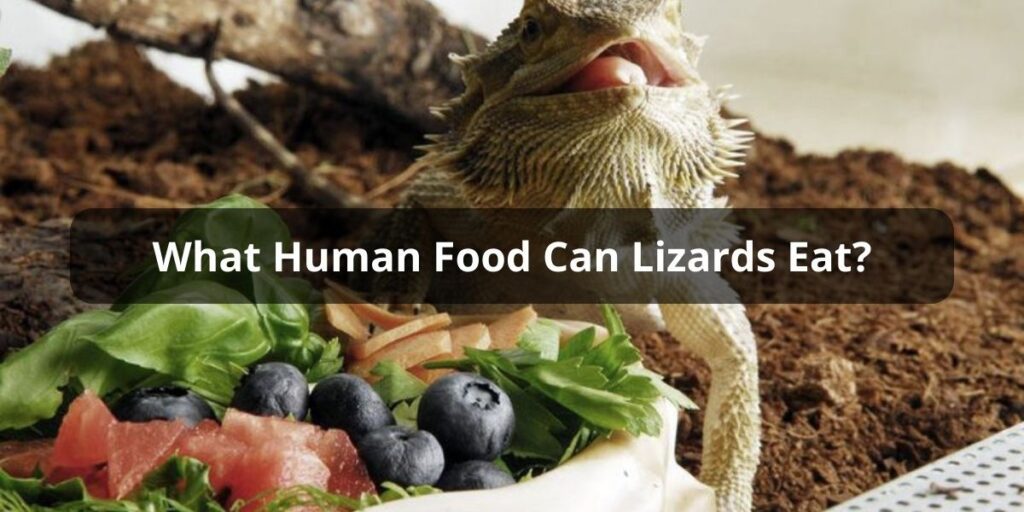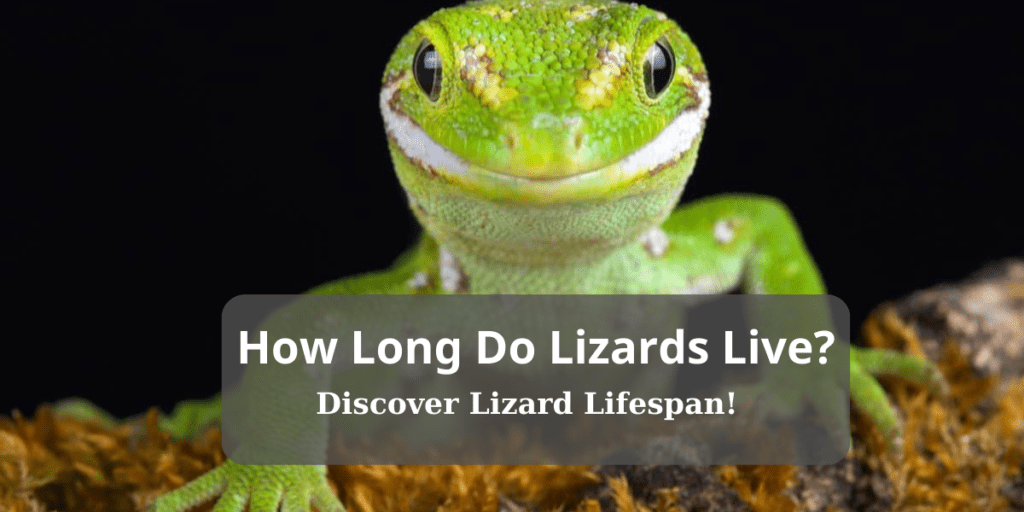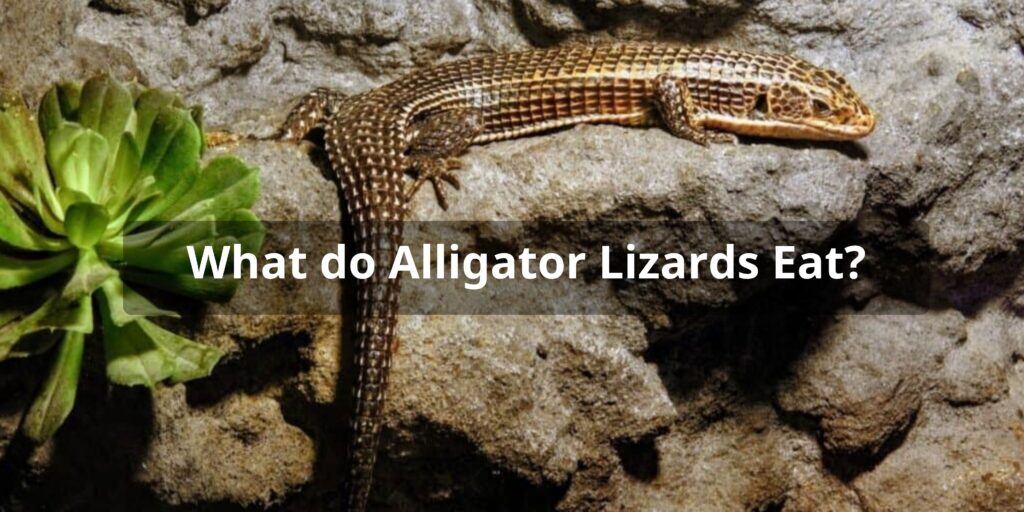Lizards are fascinating reptiles that have become popular pets for many people. When caring for a lizard, an important consideration is their diet. Some lizards eat live insects while others eat vegetables and fruits. Many lizard owners wonder what human foods are safe for their reptile companions to eat. In this article, we’ll explore what human foods lizards can and cannot eat.
An Introduction to Feeding Pet Lizards
There are over 6,000 species of lizards in the world. Some common types of lizards kept as pets include bearded dragons, leopard geckos, blue-tongued skinks, and crested geckos. Lizards are carnivores, insectivores, herbivores, or omnivores depending on the species. It’s critical to research the specific dietary needs of your lizard species.
Many pet lizards eat a varied diet of live insects like crickets, worms, and roaches. This provides them with protein. Some also require fresh fruits and vegetables which provide vitamins and minerals. When offering human foods, lizard owners must be cautious, as some foods can be toxic or cause digestion issues. Always research if a food is safe before feeding.
What Human Foods Can Lizards Eat?
Here are some human foods that are generally safe for lizards in moderation:
Fruits and Vegetables
- Kale – High in vitamins A, C, K. Chop finely.
- Collard greens – Excellent source of calcium and fiber.
- Bell peppers – Good source of vitamin C and antioxidants.
- Carrots – Rich in vitamin A. Grate for easy eating.
- Apples – Provide fiber and vitamin C. Cut into small pieces.
- Blueberries – Full of antioxidants and micronutrients. Mash before feeding.
- Sweet potato – Rich in vitamin A, beta carotene, and potassium. Steam and mash.
- Squash – Provides vitamin C and fiber. Cook and puree for babies.
- Green beans – Great source of vitamins A, C, and K. Chop before feeding.
- Broccoli – Loaded with antioxidants and vitamin C. Finely chop.
Only feed fruits sparingly, as high sugar content can cause diarrhea. Always wash produce before serving.
Proteins
- Cooked egg – Scrambled or hard-boiled. High quality protein.
- Pinky mice – Whole prey item for insectivores. Freeze first to kill parasites.
- Cooked chicken – Remove bones and skin. Shred before feeding.
- Canned insects – Crickets, worms, and roaches provide essential protein.
- Low-fat yogurt – Added calcium. Check for added sugars.
- Cooked lean meat – Like turkey, beef, chicken with no seasoning.
Only offer small amounts of protein sources a few times a week at most. Too much can lead to obesity and gout.
Other
- Baby food – Pureed fruits, veggies, chicken. Check for added ingredients.
- Bone meal powder – Sprinkled on foods for calcium.
- Bee pollen – Provides a natural source of vitamins and minerals. Just a pinch.
- Cod liver oil – Adds vitamin A and D. Use omega-3 oil made for reptiles.
Research proper dosing before offering any supplements. Only use reptile-specific products.
Foods to Avoid Feeding Lizards

Some human foods should be avoided when feeding pet lizards:
- Chocolate – Toxic to reptiles. Can cause seizures, heart issues, and death.
- Citrus fruits – Too acidic for most lizards. May cause mouth sores.
- Onions, garlic – Contain toxic compounds. Risks anemia and poisoning.
- Avocado – High in toxic persin for reptiles. Causes health issues.
- Raw meat/eggs – Risk of Salmonella and other bacteria. Cook before feeding.
- Sugary foods – Can cause diarrhea, obesity, and nutritional imbalances.
- Dairy – Most reptiles are lactose intolerant. Cause digestive upset.
- Salt, spices – Seasonings irritate the digestive tract.
It’s also important not to feed lizards any wild insects or plants unless you definitively identify them as safe. Toxic plants, pesticide-exposed bugs, and venomous insects can seriously harm reptiles. Always exercise caution when sourcing food. Check with a veterinarian if ever uncertain about a new food item. Proper nutrition is essential to keeping lizards healthy.
Feeding Schedule for Pet Lizards
The ideal feeding schedule depends on the lizard species, age, and size. Here are some general guidelines for healthy feeding:
- Baby lizards – Feed daily or every other day. Offer food in small portions 3-5 times a day.
- Juvenile lizards – Feed daily or every other day. Give portions 2-3 times a day.
- Adult lizards – Feed 2-3 times per week. Offer appropriate portion sizes.
- Elderly lizards – Feed 2 times per week. Give smaller portions.
For specifics, consult a reptile veterinarian. Signs of overfeeding include obesity and lethargy. Signs of underfeeding include weight loss and increased appetite. Adjust quantities and frequency to maintain proper growth and body condition.
Providing a Balanced, Nutritious Diet
To keep pet lizards healthy, it’s essential to feed a varied, nutrient-rich diet according to their species requirements. Provide the correct proportions of the following:
- Protein – Insects, meat, eggs. Critical for growth and strength.
- Fruits/veggies – For vitamins, minerals, antioxidants. Low sugar fruits preferred.
- Calcium – Cuttlebone, calcium powder. Needed for strong bones and shell.
- Vitamins/minerals – Dust food with supplement 1-2 times a week.
- Water – Fresh clean water always available to prevent dehydration.
Research the unique nutritional needs of your lizard species. Then tailor feedings to provide a balanced diet. Also ensure feeding technique fits the lizard’s needs – bowl feeding, hand feeding, free grazing, etc. Working with an exotic vet helps optimize nutrition.
Key Takeaways on Feeding Human Foods to Lizards
Here are some key tips to remember:
- Always research if a food is safe before feeding. Toxicity risks exist.
- Choose fresh fruits/veggies. Wash thoroughly and chop/mash for easy eating.
- Cook any proteins well and pick lean options. Avoid seasoning.
- Feed only small amounts of human food as treats. The bulk of diet should be species-appropriate live feeders and greens.
- Develop a balanced, scheduled feeding routine based on lizard age, size, and needs.
- Consult an exotic vet to address any concerns about diet or health. Proper nutrition is crucial to a lizard’s wellbeing.
While some human foods can be fed, it is vital to select and offer them carefully. A nutritious, varied diet will keep pet lizards active and thriving. With proper research and advice, owners can safely incorporate some people food as part of a total feeding plan.
Conclusion
Determining what human foods are safe for pet lizards requires careful research into the specific dietary requirements of the species. While some fruits, vegetables, proteins, and supplements can be fed, owners must be cautious. Toxicity risks exist with certain foods. It is also easy to create nutritional imbalances if a lizard’s diet relies too heavily on “people food.” Working closely with an exotic veterinarian ensures pet lizards receive a complete, balanced diet that keeps them healthy and active. With proper caution and planning, certain human foods can be incorporated safely as occasional treats.
FAQs About What Human Food Can Lizards Eat
Can lizards eat cooked rice, pasta, or grains?
Lizards are primarily insectivores or herbivores, and while they may consume small amounts of grains accidentally, it’s not a suitable part of their diet. These foods lack essential nutrients found in their natural diet, and overfeeding them can lead to digestive issues.
Is it okay to offer lizards bread or cereal?
Feeding lizards bread or cereal is not recommended. These processed foods lack nutritional value for lizards and may cause digestive problems. It’s crucial to focus on their natural diet of insects, leafy greens, and fruits to ensure their health.
What dairy products, if any, are suitable for lizards?
Lizards are lactose intolerant and should not be given dairy products. Their digestive systems are not adapted to process lactose, and consuming dairy can result in gastrointestinal discomfort and diarrhea. Stick to their natural diet for optimal health.
Are there specific fruits and vegetables that lizards should avoid?
Certain fruits and vegetables should be avoided or offered sparingly. Foods high in oxalates, like spinach and rhubarb, can hinder calcium absorption and should be limited. Citrus fruits may be too acidic for some lizards. Always research the specific dietary needs of your lizard species.
Can lizards consume human baby food or baby formula?
Feeding lizards human baby food or formula should be approached with caution. Some baby foods, especially those without additives or preservatives, may be suitable for young lizards or those recovering from illness. However, it’s essential to ensure the food aligns with their dietary requirements and consult with a reptile veterinarian if uncertain.



